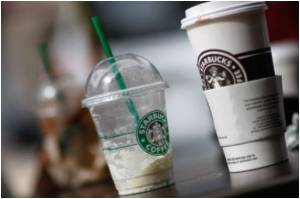A new study says that drinking large amounts of coffee and sugar-sweetened, carbonated soft drinks does not increase the risk of colon cancer.

Some previous studies have suggested that coffee and tea may lower the risk of cancer, but others show that they could increase the risk. Tea, for instance contains anti-oxidants that in theory help prevent cancer but also has polyamines, which in theory promote cancer. Sugar-sweetened soft drinks are associated with weight gain, obesity, and other conditions that are potential risk factors for colon cancer.
For this study, Xuehong Zhang, M.D., Sc.D., and colleagues at the Harvard School of Public Health analyzed data from 13 studies conducted in North America and Europe. Among 731,441 participants in these studies, there were 5,604 who developed colon cancer. Those who drank large amounts of coffee-more than six 8-oz cups a day-were no more likely to develop the disease than those who drank less.
Likewise,those who drank more than 18 oz daily of sugar-sweetened, carbonated beverages had no higher risk of colon cancer. But the authors note that the results for sugar-sweetened carbonated beverages should be interpreted with caution because only 2 percent of the study population drank more than 18 oz of these beverages daily.
The results were similar regardless of sex, smoking status, alcohol consumption, body mass index, level of physical activity, and location of the tumor.
The authors found a modest association between drinking high amounts of non-herbal tea-more than four 8-oz cups a day-and colon cancer risk. However, they note that very few people in the study drank that much tea and that the association could be due to chance.
Advertisement
"However, a modest positive association with higher tea consumption is possible and requires further study."
Advertisement
RAS














